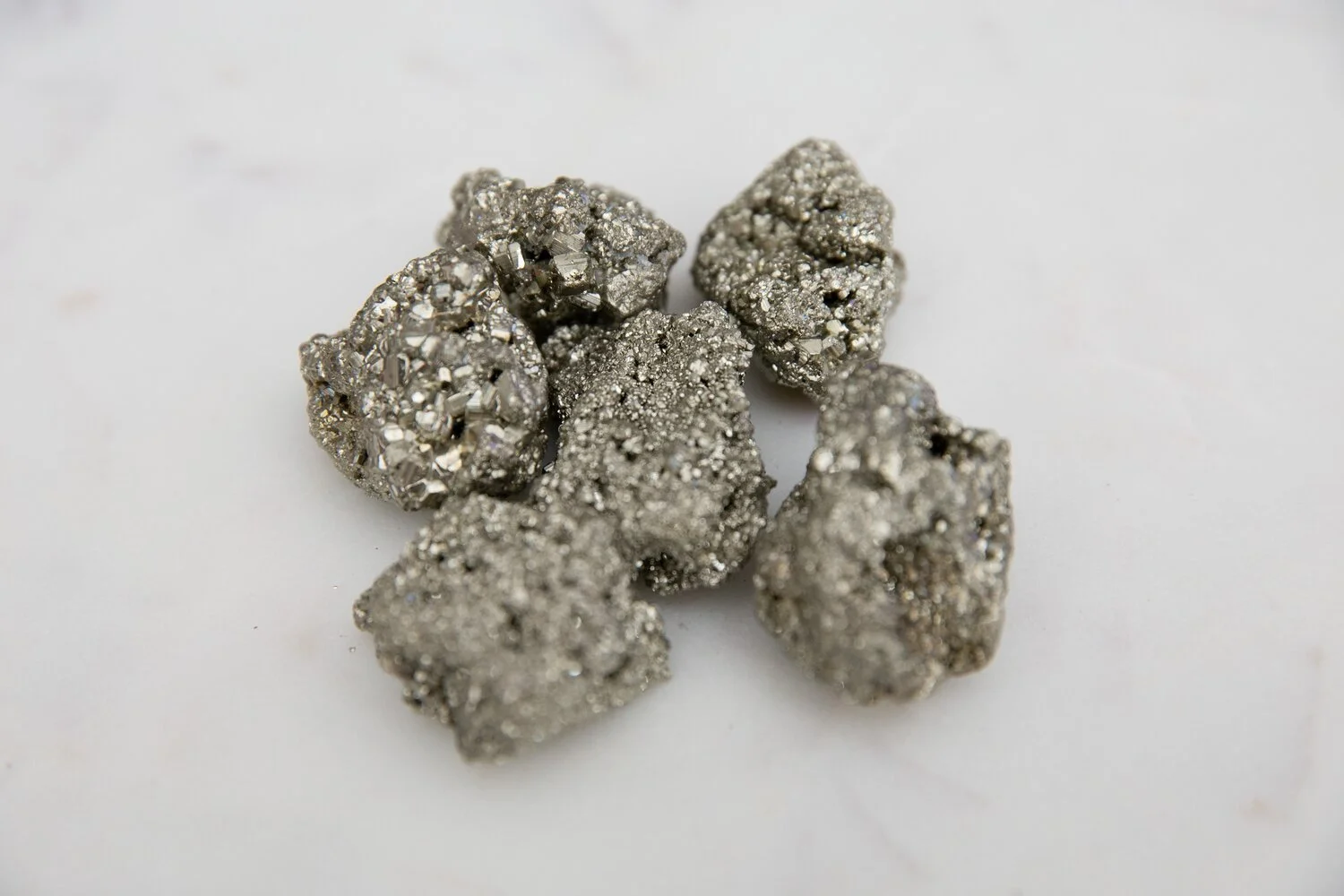Arsenic in NJ
Understanding Arsenic in NJ
Authored by: Lisa Pietrangelo
Environmental Scientist
Natural mineral deposits, primarily pyrite, in bedrock may cause elevated levels of arsenic in groundwater. Elevated levels of arsenic have been identified in many aquifers in the Piedmont Physiographic Province, ranging from less than 1 µg/L (micrograms/liter) to 57 µg/L, according to analytical results from wells sampled in Western New Jersey from 2000-2001. Over 30 percent of these wells sampled contained levels above 5 µg/L, higher than the previous NJDEP Ground Water Quality Standard (GWQS) of 5 µg/L. The current NJDEP GWQS for arsenic is 3 µg/L, which is the strictest in the nation and remains lower than the federal standard of 10 µg/L implemented in 2006. When conducting a groundwater investigation at a facility and arsenic contamination is identified in the groundwater above the NJDEP GWQS, it is crucial to determine whether the elevated levels are due to a current or historical area of concern at a site or are naturally occurring.
The NJDEP Technical Requirements indicate that several steps must be adhered to in order to
prove that groundwater contamination is naturally occurring on the site:
Collection and analysis of sufficient samples that have not been impacted by current or historical on-site or off-site activities,
A demonstration that the distribution in the groundwater does not follow a gradient indicative of a discharge, and
Demonstrating that the concentration of the contaminant is within ranges reported in appropriate referenced for groundwater background levels for New Jersey.
Once a conclusion is reached that the contaminant is due to natural background conditions,
the NJDEP indicates that the remediating party is not required to conduct remediation for the naturally occurring contamination identified on the site, even if levels remain above the NJDEP GWQS.
However, special consideration must be taken for sites that 1) obtain their drinking water from an on-site private potable well, 2) are in areas with elevated levels of naturally occurring arsenic in the groundwater, and 3) are undergoing a real-estate transaction. In these instances, even though the remediating party is not held liable for remediation of arsenic in the groundwater, the private well must be tested per the requirements of the New Jersey Private Well Testing Act. State regulation indicate that water samples collected from Bergen, Essex, Hudson, Hunterdon, Mercer, Middlesex, Morris, Passaic, Somerset, Sussex, Union, and Warren Counties, must be analyzed for arsenic in addition to the other drinking water parameters. These counties are located within the high-risk area of the Piedmont Physiographic Province. However; the law does not require that the well water is treated if the drinking water standards are not met, the law only requires testing of the private well.
But why is this important? If the well water is not treated and arsenic groundwater contamination remains in the drinking water, those who drink the contaminated water may face a slew of health problems later in life. Arsenic is a carcinogen associated with an increase in several cancers, such as skin, lung, liver, kidney, and urinary bladder. Additional risks include gastrointestinal ailments, thickening and/or discoloration of the skin, increased risk of diabetes, and cardiovascular impacts. For private well owners, the only option they may have is the installation of a costly water treatment system if deepening the existing well or drilling a new well do not improve water quality. For the potential property buyer, it would be prudent to understand the costs of water treatment and determine whether the property could be connected to a public water system. All public water systems in New Jersey are subject to the New Jersey Safe Drinking Water Act and must comply with the state standards.
Article originally printed in the EBA Summer Journal, June 2017.
Photo by Renee Kiffin on Unsplash

